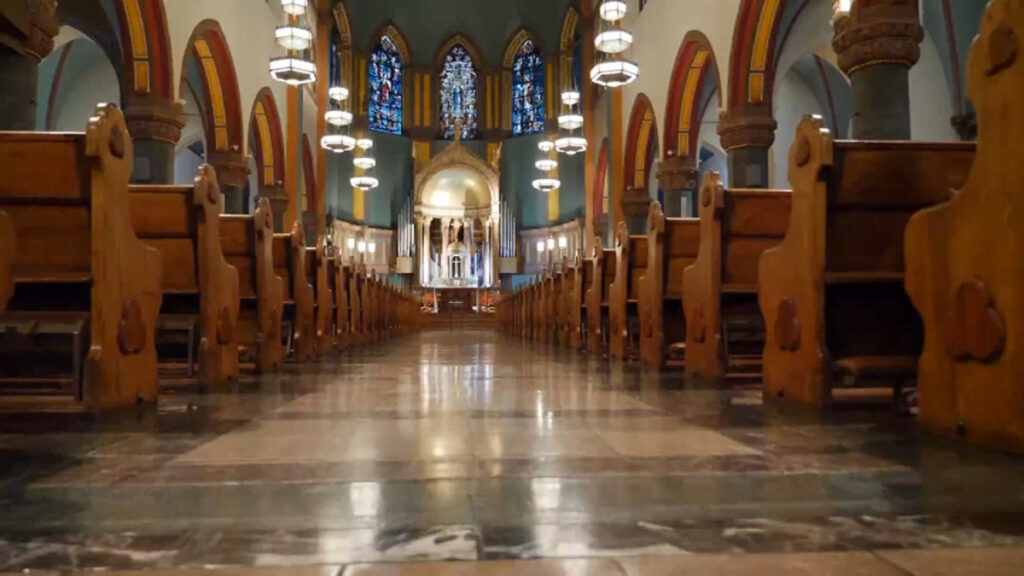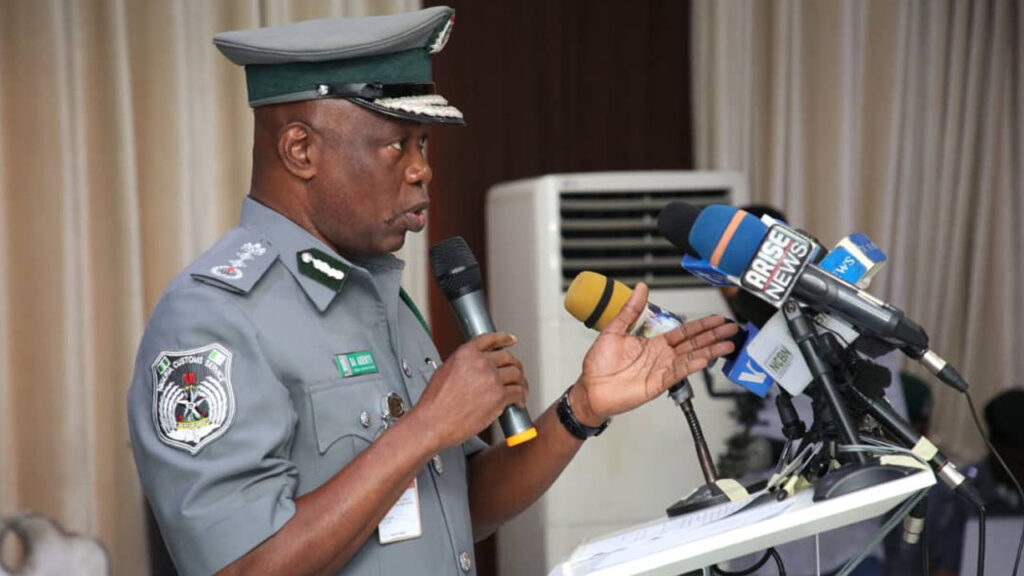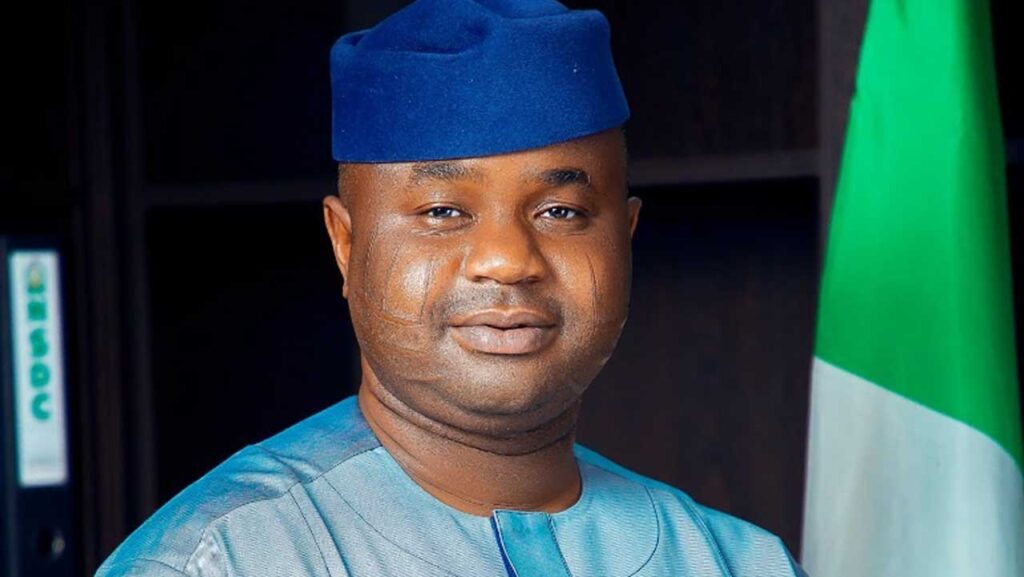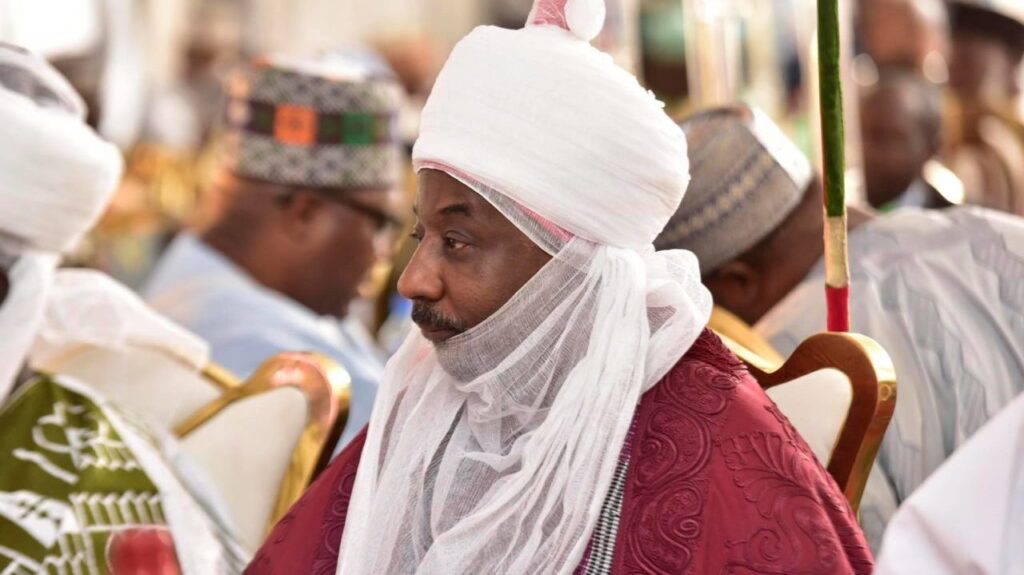
As ridiculous as these seasons of challenge might seem to some people, there are important lessons that can be learnt from it. First is that it speaks to the power of “strong voice.” If an on-reader spends time to read comments associated with any of the harsh-tags, he or she would witness varying degree of opinions on the subject of discussion. On the city challenge, people have contributed to how the city they grew up in Nigeria changed their life, positively or negatively.
Secondly, the social media seasons of challenge depicts the power of coordination amongst Nigerians. Despite the fact that this harsh tag emanated from Nigeria, it is overwhelming how citizens of Nigerians abroad, connect with the harsh tag challenge that is of interest to them, they make their contributions and also promote it.
The social media season of challenges can be converted beyond social gallivanting to promote a strong advocacy message that centres on governance. It is however unfortunate that so many Nigerians, especially the youth, do not have much interest in discussions that are centred on governance. But a lack of interest in governance is a booby trap that will surely affect the destiny and future of the teeming youth of Nigeria.
The seasons of challenges should welcome conversations that would deal with the problem of bad governance in Nigeria. We almost got it right when we promoted #End-bad-governance, during the #EndSARs protest nationwide. The voices of the youth were heard loud and clear, it is not the time to relent. Rather we must continue to promote healthy conversation around governance using the social media.
On the issue of failure of public officers refusing to declare their assets openly, despite the provision of the law on asset declaration, social media influencers should take up the gauntlet and promote conversations around #Open-Asset-Declaration-Challenge. The challenge should start with the youth taking the bold step to declare their assets openly and also challenge others to do so. Prominent personalities in and outside government should be tagged to also declare their assets openly.
The objective should be solely to promote transparency and accountability in governance by calling out the concerned authorities to support the culture of open asset declaration. This should be done without divulging personal information that can compromise the security of the declarant. For instance, a declarant with a house, a car, stocks and other financial possession, does not need to state his house address publicly, vehicle registration number, bank names or post their shares certificate.
Finally, the open declaration of asset challenge can also be used by the voting population to benchmark up-coming leaders who passed the transparency test and are deemed fit to contest any political appointment.
Victor Emejuiwe, programme officer, Good Governance, wrote from Centre for Social Justice, Abuja.













